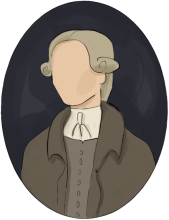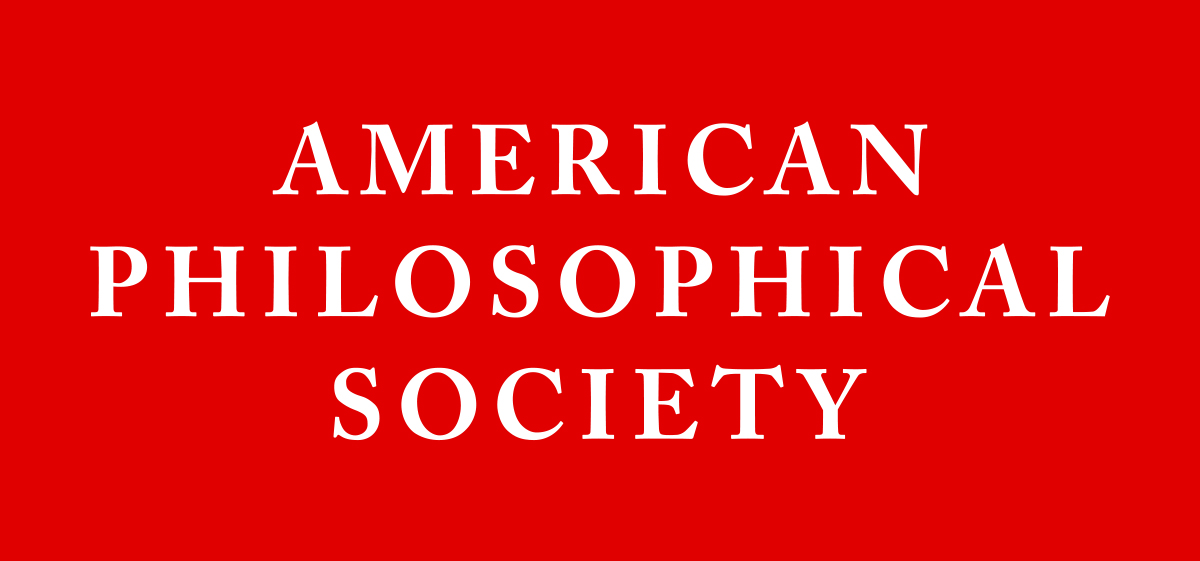Samuel West (272)
Election date: 1768Elected to the revived American Philosophical Society.

Samuel West (3 March 1730–24 September 1807) was a minister, and a member of the American Philosophical Society via his 1768 election. He showed remarkable scholastic aptitude in his youth but did not seek higher education until age twenty, graduating from Harvard in 1754. His theology accentuated God’s grace and forgiveness, and largely eschewed the competing schools of the age, professing instead pan-Christian toleration. West was an early patriot, played a crucial role in deciphering Dr. Benjamin Church’s traitorous letters in 1775, and served in the conventions to construct the Massachusetts constitution and to ratify the federal (1779, 1788). His political philosophy, like his religious, privileged rational choice. West was an original member of the American Academy of Sciences, owing to some successful forays in explicating porcelain manufacture and on geologic erosion. But his lack of training and his propensity for grandiose flights of pseudoscientific speculation produced a mixed record easily mocked. Age did not help: although Harvard conferred an honorary doctorate of theology in 1793, his increasingly disorganized preaching and negligent hygiene rendered him a different kind of laughing stock in the years that followed. He retired from the pulpit in 1803 and died in the home of one of his sons, in Rhode Island. (PI)
Publication: Boston: Printed, by Draper and Folsom, at their printing-office, at the corner of Winter-Street, [1778]
Subjects:Pilgrims (New Plymouth Colony) -- Addresses, commemorations, etc.
Publication: Boston: Printed by Samuel Hall, in Cornhill, [1793]
Subjects:Free will and determinism.
Publication: Boston: Printed by John Gill, in Queen-Street, 1776
Subjects:United States -- History -- Revolution. | Election sermons -- Early works to 1800.
Publication: Salem: Printed by Dabney and Cushing, [1789]
